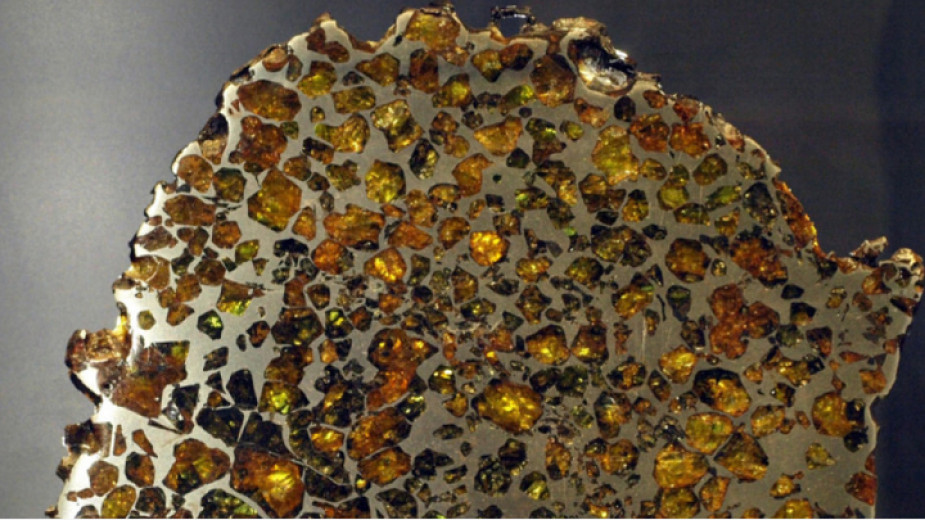 7
7
A giant meteor hit Earth nearly 66 million years ago. When the asteroid plowed into the Earth, tiny particles of rock, dust and other debris were shot high into the air and stood on the way of the sunrays. The cataclysm caused environmental catastrophe and the extinction of dinosaurs. Today, the giant crater Chicxulub named after the meteor that stuck Earth near the Mexican Bay continues to attract the attention of scientists who view this cataclysm as an opportunity to unravel the mysteries of universe. However, it warns us that such a devastating disaster may repeat in the future.
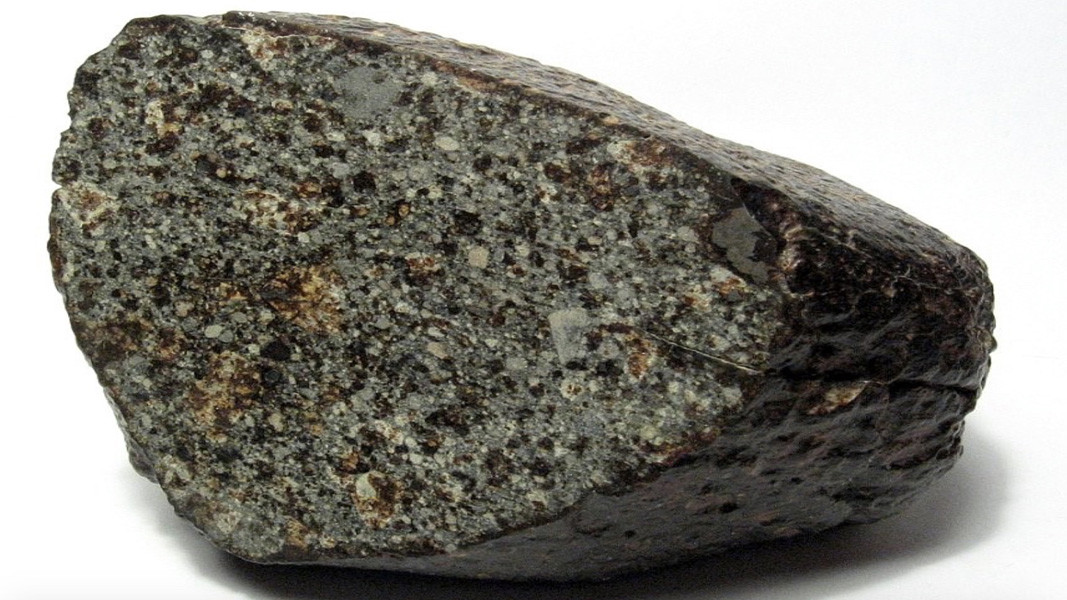
Each piece of meteor hides a secret of the prehistory of the Solar System. That is why people sometimes risk their lives when they start hunting for meteors. One does not have to be an adventurer, in order to start collecting cosmic rocks Collector Georgi Penev says. However, if you are not an adventurer, you will not start hunting meteorites, because this job requires plenty of knowledge, physical endurance and patience, Georgi Penev told Radio Bulgaria and added:
It is easier to find meteorites in the desert or on the Antarctic. However, it is much harder to find space rocks in regions covered with a lot of vegetation. I took part at an expedition to Morocco in search of the popular iron meteorite Taza, but the expedition was suspended due to a strong desert storm. These storms are very dangerous and sometimes last for several weeks. That is why people must leave the storm area immediately, or find a safe shelter, which was what we did when we were sheltered by the nomads. There, we discovered several small pieces. In the beginning we thought we discovered meteors, but later we found out that these pieces were debris left by other meteor hunters.
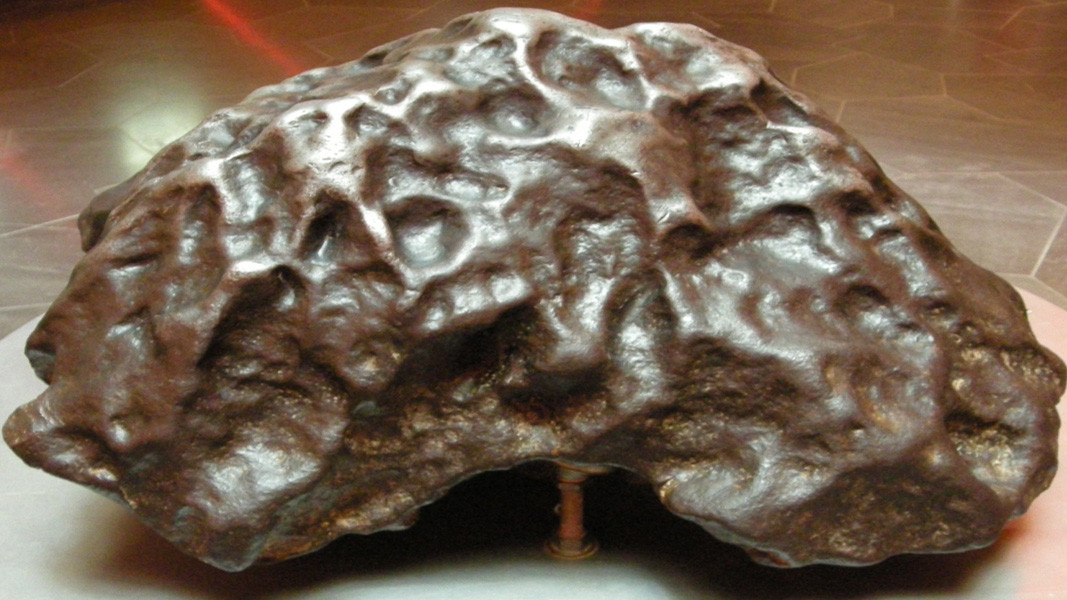
However, hunting meteors and communicating with the local population is very thrilling. This is a wonderful, but very dangerous experience in which you face all your fears and search for yourself.
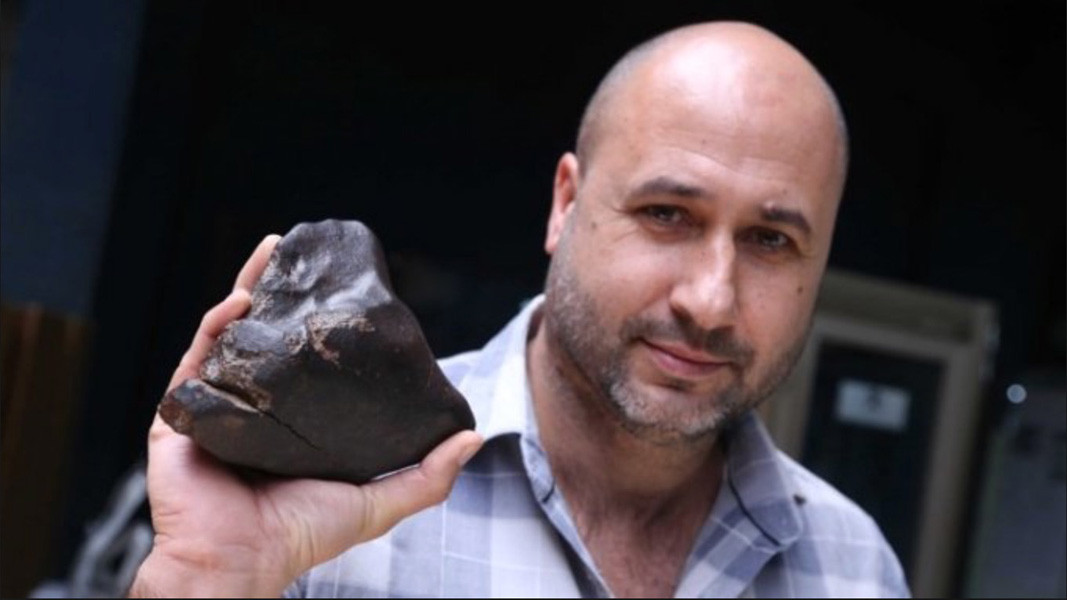
Georgi Penev started practicing this strange hobby after he watched a film about two meteorite hunters. Seventeen years later, he owns a collection of over 120 exponents, including two valuable Martian meteorites. Georgi is mainly interested in carbonaceous chondrites which are thought to have brought life to Earth.
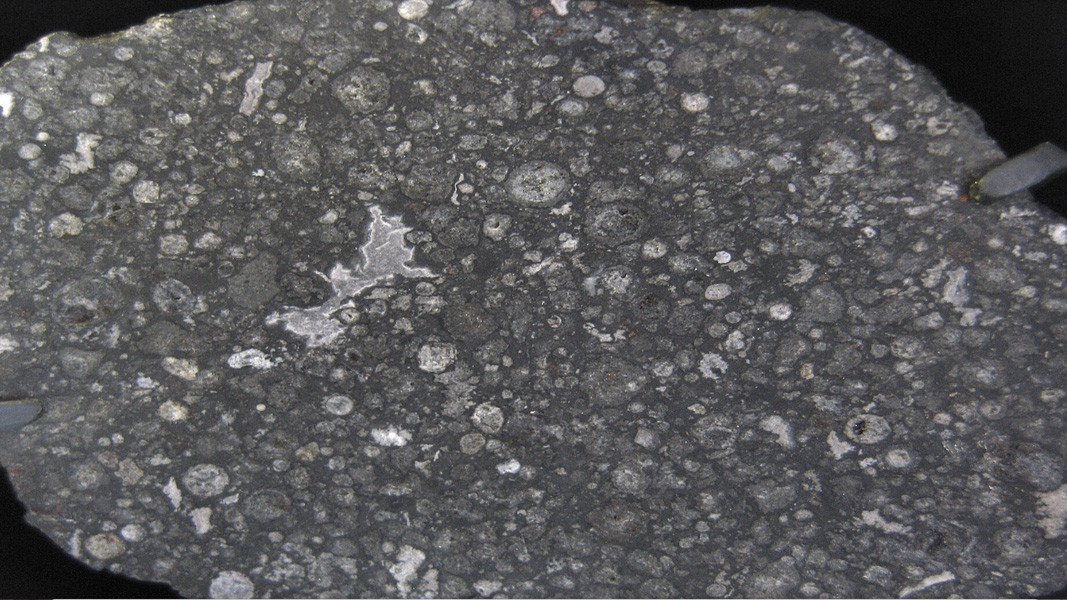
The first meteor in Georgi Penev’s collection belongs to the so-called ordinary chondrites which are as old as our Sun – 4.5 billion years old.
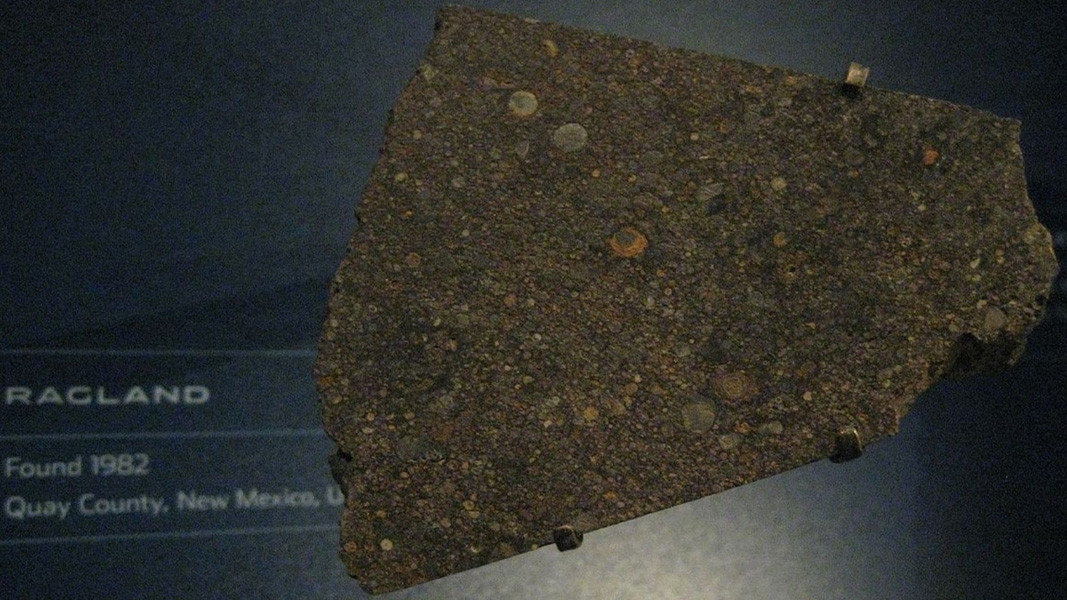
Tiny meteors hit Earth every day. Their total weight, together with the cosmic dust that falls on our planet amounts to hundreds of kilograms per day. Most of them are lost in the oceans and the seas, but some hit the soil and are later discovered by meteor hunters. However, the threat is real and huge. That is why the Asteroid Day organization uses a network of astronomers and volunteers across the globe to trace the trajectory of all large space objects that pose threat on our planet. According to statistics, astronomers have found so far only 1% of all potentially dangerous asteroids. There are 1 million dangerous meteors and we are tracing only 10,000 of them. That is why Earth is constantly threatened by space objects, but unfortunately we cannot do a lot in some cases.
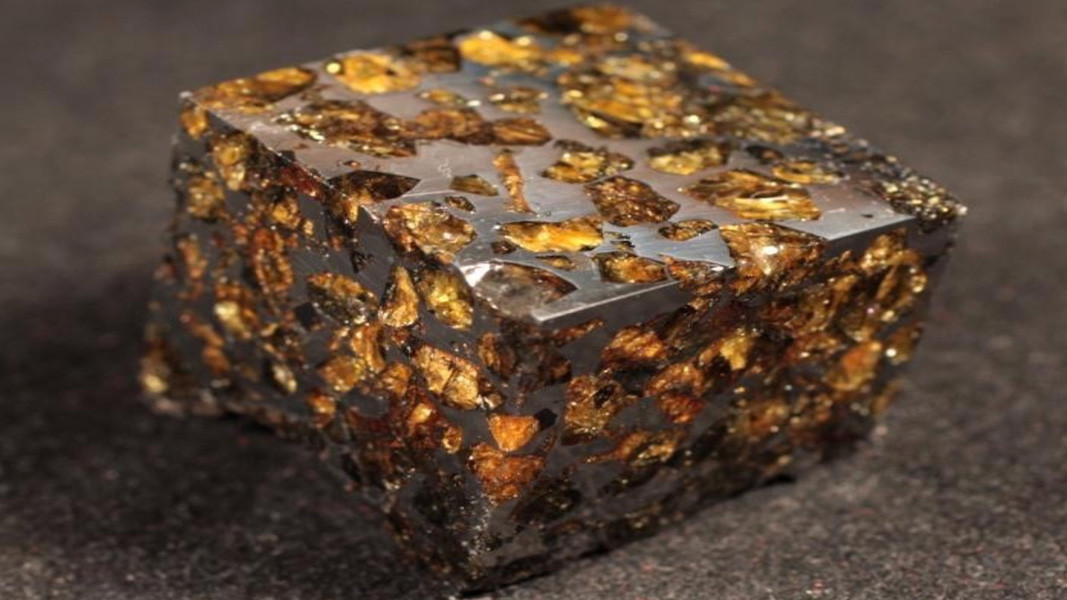
The latest most devastating meteors are the Tunguska meteor which hit Krasnoyarsk (Russia) in 1908 and the Chelyabinsk meteor that hit Russia in 2013. Huge craters are evidence of the power of collision between meteors and Earth in the past.
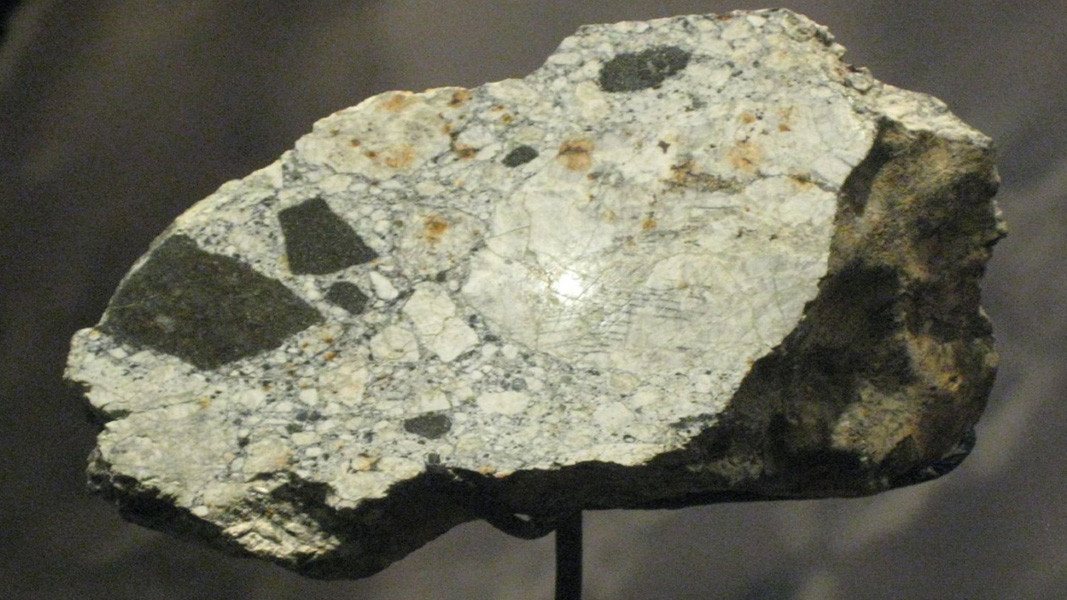
Fortunately, mankind has not experienced such a cataclysm yet, Georgi Penev says. Taking into consideration the speed of the space objects in the Solar System it may be completely impossible to react to such danger, especially to smaller objects which are less traceable.
English version: Kostadin Atanasov
Photos: www.meteorites.bg
The Bulgarian-Albanian Business Chamber (BABC) will support the connections between the Albanian and Bulgarian communities in the business sector, with the ambition to create a unique space that will link the diaspora with its roots. It will play an..
After almost 80 years, a new breeding colony of the endangered Dalmatian pelican has appeared in Bulgaria . The birds have settled on artificial islands built by the Bulgarian Society for the Protection of Birds (BSPB) in the Mandra-Poda Complex, a..
On 25 January 1935, Tsar Boris III signed the decree establishing the Bulgarian National Radio. The document, which officially marked the beginning of "Radio Sofia", as the Bulgarian National Radio (BNR) was then called, made radio broadcasting in Bulgaria..
After almost 80 years, a new breeding colony of the endangered Dalmatian pelican has appeared in Bulgaria . The birds have settled on artificial islands..
The Bulgarian-Albanian Business Chamber (BABC) will support the connections between the Albanian and Bulgarian communities in the business sector, with..

+359 2 9336 661
